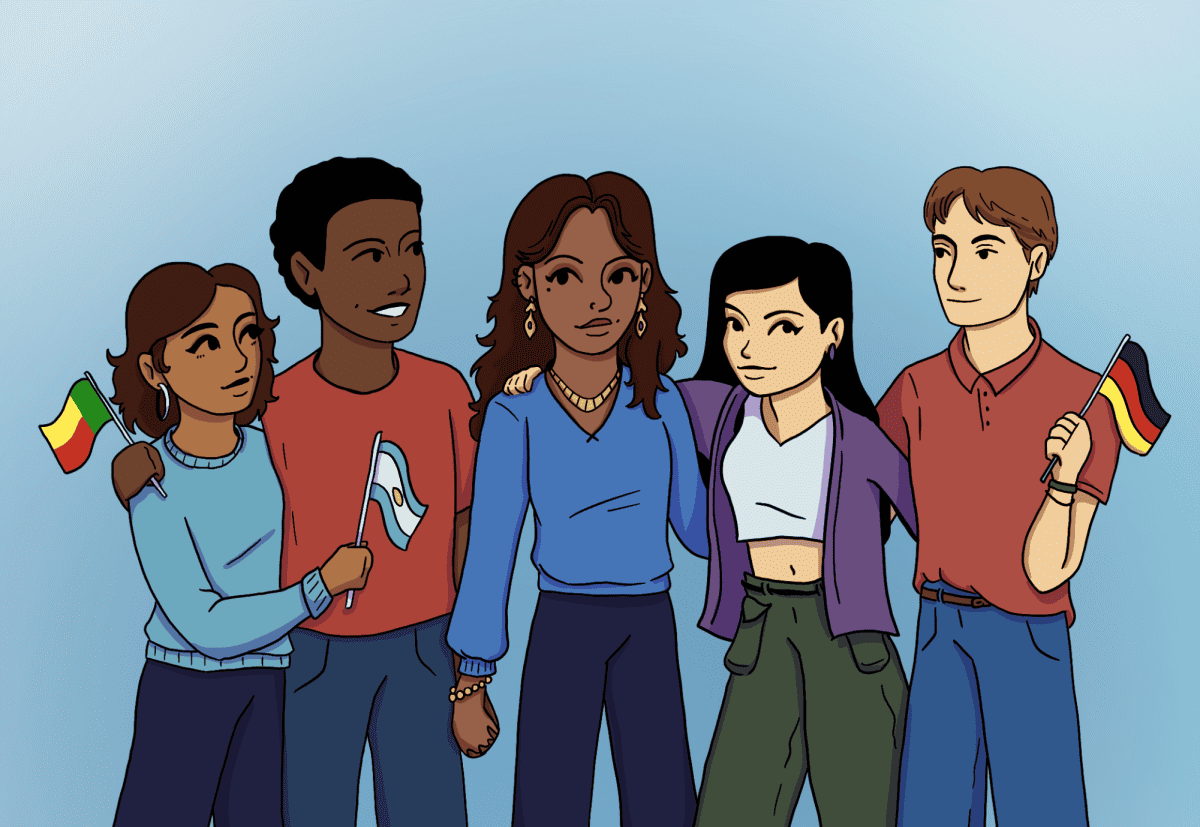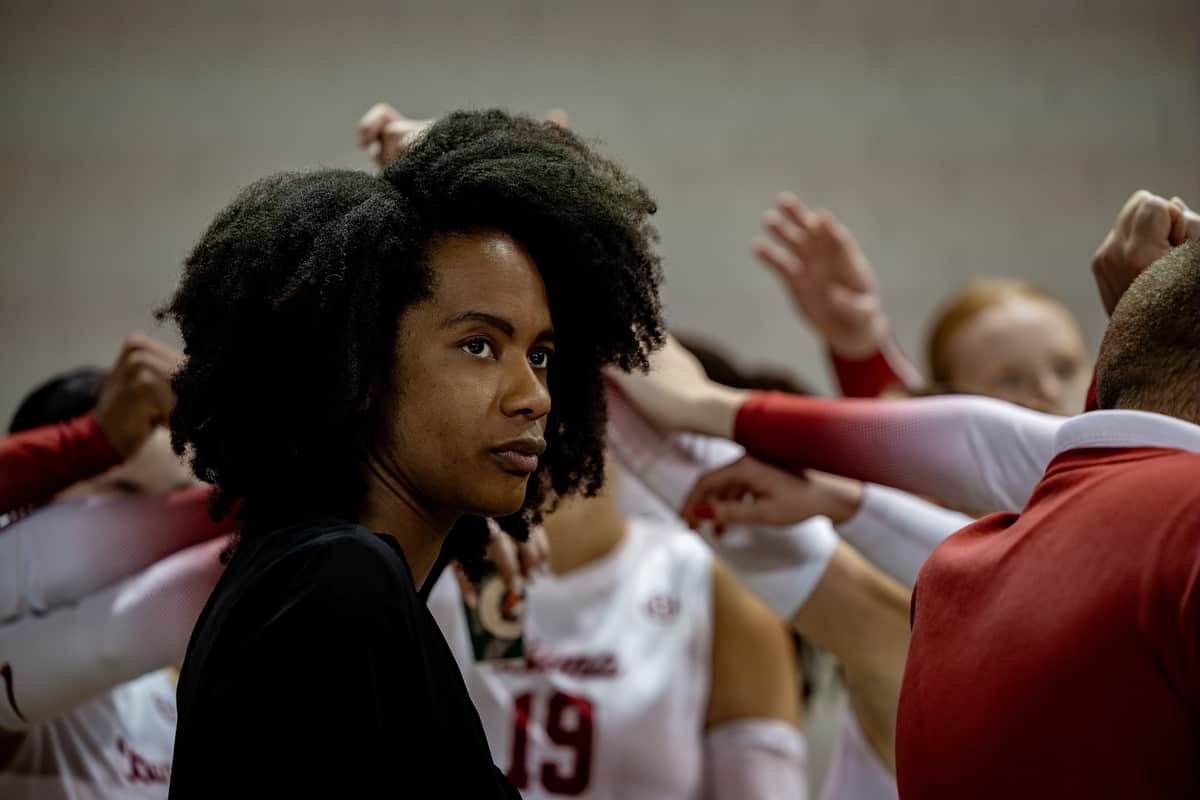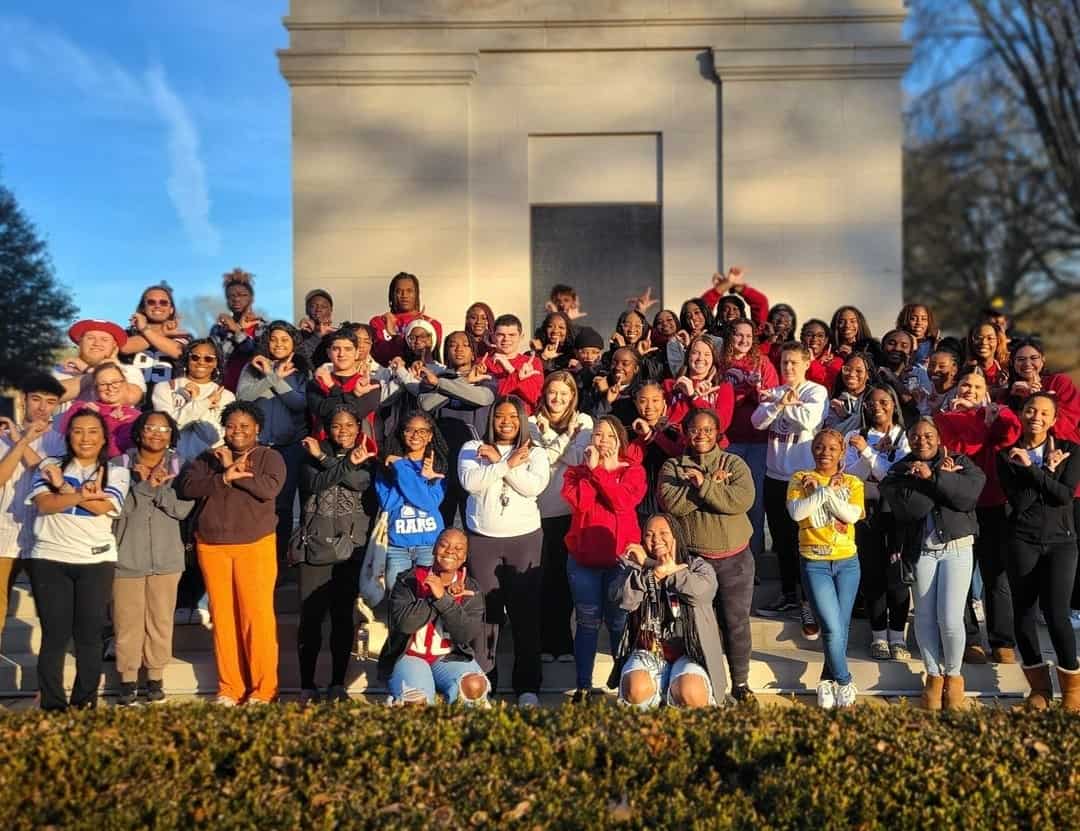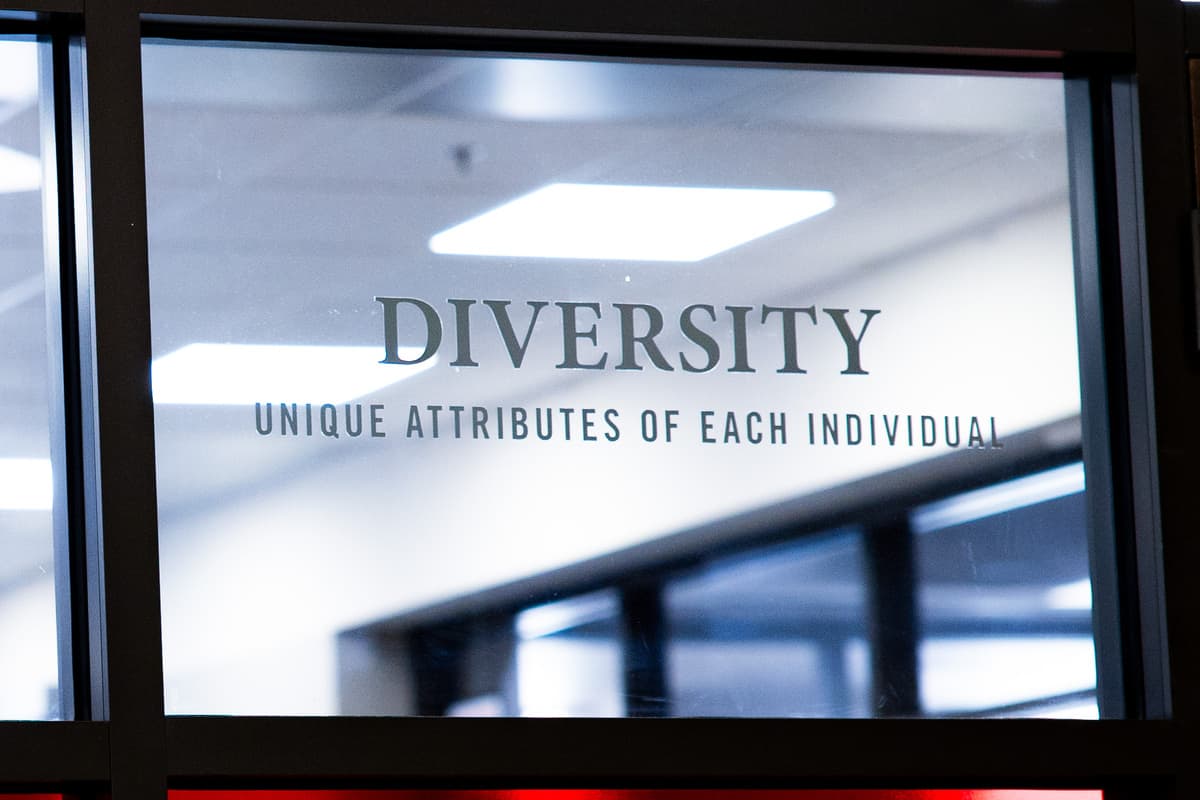The University of Alabama has nearly 40,000 students enrolled, setting a new record in fall 2023. Of those students, about 23.3% are from ethnic and racial minority groups.
The University’s website boasts of its “record enrollment of 9,342 ethnic and racial minority students” and the “highest number of under-represented minority students enrolled at any university in the State of Alabama.” However, it still seems as if minority students aren’t experiencing a fully “welcoming” campus.
What does a welcoming campus look like? There should be an obvious safe and comfortable climate. Not safe in the way that there is a low crime rate (although that is important), but safe in the way that minorities aren’t hesitant to “be a minority in a certain place.” In other words, there should be an increase in overall diversity (this includes staff).
The University has notably made efforts to try to fix its dark past. In 2022, the University of Alabama System’s board of trustees voted to rename an academic building after facing criticism for the original name honoring Bibb Graves, former Alabama governor and leader in the Ku Klux Klan. The building is now called Autherine Lucy Hall, after the first Black student at The University of Alabama.
At first, the University sought to combine the two names, which was met with immediate backlash. Other universities, such as Troy University, promptly removed the former governor’s name from their buildings as well. The new question being asked was, “Does his history of racism outweigh his positive achievements, so much so that he should not be honored with a building named after him?” — for Graves, the short answer is yes.
The longer answer comes in the form of a rhetorical question: How would you feel if you were a Black student, newly enrolled in a predominantly white institution that claims to promote and encourage diversity on its campus, but you had to enter buildings named after people who, if they were alive, would be utterly disgusted to see you on that campus?
Unfortunately, this is still the reality for many Black students, as the University still has many buildings named after racists, like B.B. Comer Hall and the Gorgas buildings, completely ignoring the problematic actions these people have done in favor of honoring the good they’ve supposedly exhibited.
Aside from honoring racists, the University also has noticeable differences between its white and Black sororities and fraternities. The predominantly white sororities and fraternities each have their own “rows,” which showcase their large, gorgeous houses. The Divine Nine, predominantly Black sororities and fraternities, aren’t given that luxury.
One could argue that D9 aren’t given the pretty, big houses because there aren’t enough Black students to fill such houses, but that would be a lie. There are thousands of Black students on campus, many of whom are in Greek life.
In 2023, the streaming platform Max released a documentary on The University of Alabama’s “rush” process. Rush, according to Forbes, is “a series of recruitment events prospective members must undergo to get a ‘bid’ to join a collegiate Greek organization.” #BamaRush trends on TikTok like clockwork each year as new freshmen come to campus.
The Greek life culture is undeniably a major reason why people come to the University. Since sororities and fraternities are so well liked on the Capstone’s campus, the D9 should be offered the same lavishness as their predominantly white counterparts.
The University’s efforts to promote diversity and inclusion for Black students are commendable, as it has changed some building names, and mySource — a website dedicated to providing information for events and organizations at UA — lists a plethora of clubs dedicated to minority students. The University also offers courses revolving around minority studies, like AAST 375: Freedom Beyond Rights.
However, minority students still need more representation and sensitivity.
For example, the University’s official fight song, “Yea Alabama,” still includes the line “You’re Dixie’s football pride,” a nod to the South’s antebellum period. Tammy Ingram, a historian, said the word is offensive because it “evokes a very nostalgic and romanticized view of slavery.”
This sparked an organized campaign in 2022 as activists on campus sought to get the lyrics changed. Cassandra Simon, an associate professor of social work involved with the campaign, said she had “stopped going to all athletic events” once she realized how prevalent the fight song was.
Unfortunately, this issue was more or less ignored as students on campus counteracted the petition, claiming the lyrics show pride about where they come from.
This was just one example of Black voices being quieted and reduced to nothing but a “woke agenda,” a term often used to minimize the real issues minority groups bring up to promote a more progressive society.
More recently, in 2023, UA decided to rid itself of its National Recognition Scholarship, an award dedicated to minority students (and something I was awarded when I was accepted into this school). Reminiscent of the ending of affirmative action, all minority students are affected by this decision, and it only hurts us in the long run.
The number of anti-Black comments I’ve heard is horrific, and I’ve often found myself not knowing what to do when I’m faced with this. Speaking up is an obvious solution, but I often come to the realization that the people saying these things are the people who are most valued on this campus.
I shouldn’t have to doubt that the University would take action against these people. But I do. I think I’ll be humored for a while, but then ignored, and I can only assume other minority students feel the same way.
Steps have been taken to make up for the school’s racist past, and that’s great, but I can’t help but feel as if I’m still an oddball on this campus. Work still needs to be done, and there are two specific reforms I think should be implemented.
Before freshmen and transfer students arrive, they’re taken on a two-day orientation that tours the campus and allows new students to be acclimated. I think there should be a brief talk on diversity added to orientation. Not the usual “The University values all our students and promotes diversity” talk, but instead a very blunt and serious conversation about what diversity looks like, how minority students on campus can access different resources, and how no behaviors emphasizing any “phobics” or discriminatory “isms” are allowed on campus.
Minority students should also be given a resource that will allow them to quickly and safely report any discrimination (in any capacity). We should be able to report these instances as soon as they happen and be taken seriously and with respect.
The University of Alabama certainly has an ugly past, but if it continues to push for a campus that reflects a diverse and welcoming society, all minority students would be more comfortable.







